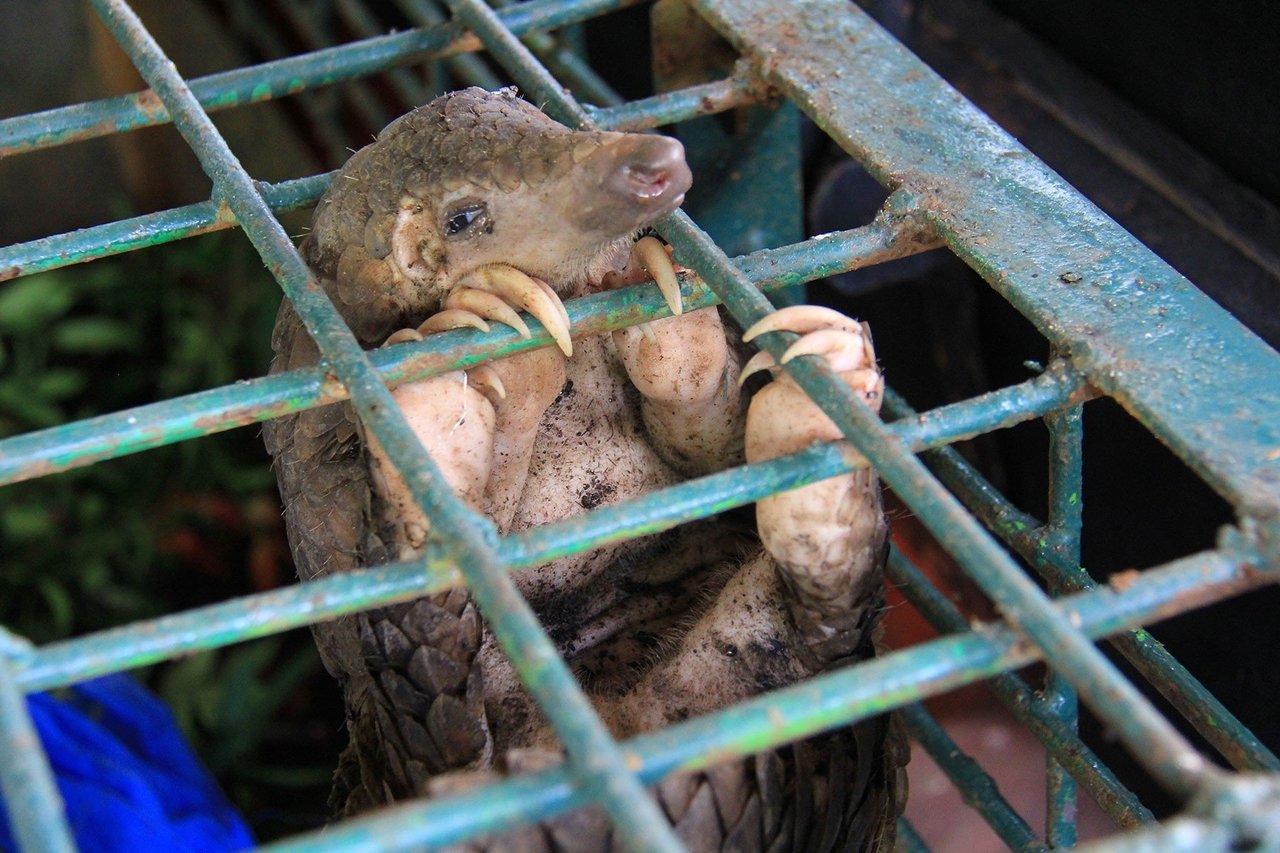Petition to ban the global wildlife trade
Join World Animal Protection's global campaign calling on Canada and other countries to ban the global wildlife trade.

Campaign
The global commercial wildlife trade and widespread habitat loss are relentlessly pushing numerous species toward extinction. Strengthening laws to protect wildlife is not just vital—it's an urgent necessity to halt this dire trend and safeguard our natural world.
The global demand for wildlife, encompassing both the legal and illegal trades, threatens countless species. Driven by desires for luxury meats, exotic pets, entertainment, and Traditional Asian Medicine, this trade not only endangers wildlife but also significantly heightens the risk of zoonotic diseases.
Billions of wild animals are traded globally each year, exposing the complex and dangerous links between wildlife, ecosystems and human health. Some 75% of emerging infectious diseases affecting human health originate in animals, mainly in wildlife, such as SARS, Ebola and COVID-19.
![]()
The relentless advance of industrial development and agricultural expansion are encroaching upon and destroying the natural habitats of countless species, pushing them towards extinction.
10 million hectares of forest globally are lost each year due to deforestation
The loss of biodiversity due to human activity is not just an animal welfare issue, it's a crisis that affects the health of our entire planet.
1 million species such as elephants, pangolins, and numerous bird and reptile species face the threat of extinction driven by both illegal and legal wildlife trade.
We are on the frontline, challenging and disrupting industries that profit from the cruel exploitation of wildlife. We are shining a light on the scale and impact of a trade many people don’t know about and we are shifting customer demand making wildlife exploitation unprofitable and unacceptable.
We are shifting customer demand toward humane and sustainable alternatives. This means promoting wildlife-friendly products such as plant-based alternatives to wild animal ingredients in Traditional Asian Medicine and experiences like accredited wildlife viewing tours to replace captive wildlife entertainment, developed with community leaders and other experts.
To create lasting change, we work to secure new laws and policies that protect captive and free-ranging wildlife and their habitats against commercial exploitation. We advocate for laws that are evidence-based, enforceable, solution-oriented and are focused on preventing harm to animals.
Awareness is the key to change our relationship with animals. We engage the public through innovative educational projects that raise awareness about the plight of wildlife and how the public can help make change. By informing and inspiring, we are building a global community ready to stand up for wildlife.
Recognizing the link between community welfare and wildlife protection, we facilitate the development of sustainable livelihoods that do not harm wildlife. This approach ensures community-led solutions and ownership as well as long-term conservation success.
The scale of the challenge demands cooperation. We build and lead coalitions with non-governmental organizations (NGOs), governments, and international bodies to unify efforts for wildlife protection. Together, we are stronger and more effective in our mission for a better future for wildlife and our planet.
Join World Animal Protection's global campaign calling on Canada and other countries to ban the global wildlife trade.
Take action now by sending a letter to the Minister responsible for wild animal ownership in your province or territory.